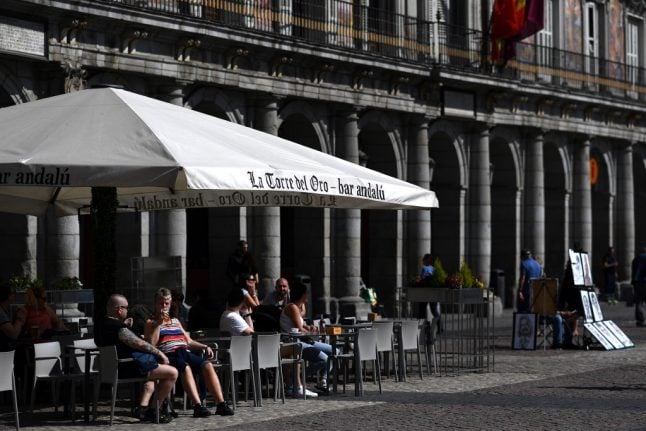Spanish Prime Minister Pedro Sánchez announced on Saturday that restaurants and bars with terraces will be able to operate at 50 percent of their full capacity as part of the government’s “Fase 1” plans.
The government’s decision follows complaints from bar and restaurant owners, who had said it would bankrupt them to open up with only 30 percent capacity as was initially planned.
Some food and catering associations have argued that working at half of their usual capacity will also prove financially unfeasible as employers will still pay all returning staff but only have 50 percent of normal profits.
The measures will be introduced from Monday May 11th across Spain, apart from in some of the smaller islands in the Balearics and Canaries where Phase 1 will be implemented Monday May 4th due to their very low rate of Covid-19 cases.
Phase 1 will be rolled out on a case by case basis in each province, depending on the evolution of infections in their area.
Bars and restaurants that open on this date will only be able to serve customers outdoors under this plan and not inside their premises for the time being.
The other main update to Spain’s Phase 1 plan is that gatherings of up to ten people per group will also be allowed from May 11th.
These can take place at a private address or outdoors but under no circumstances can people who are part of the high risk group attend these meetings.
Phase 0 starts on Monday May 4th for most of Spain, a stage which will allow selected small businesses and shops to be accessible to the public through private appointments.
READ ALSO:



 Please whitelist us to continue reading.
Please whitelist us to continue reading.
Member comments